Digital Bifurcation Analysis
Samuel Pastva

SAMUEL PASTVA
Faculty of Informatics, Masaryk University
- Mgr. in Parallel and Distributed Systems, graduated with honours in 2017.
- Member of the Sybila systems biology laboratory since 2015.
- PhD student and researcher since 2017, with prof. Luboš Brim as advisor.
ACADEMIC BACKGROUND
SYSTEMS BIOLOGY
- Biological systems can be studied via computational models.
- Models are predictive and explainable.
- In silico analysis is faster and cheaper than in vivo experiments.
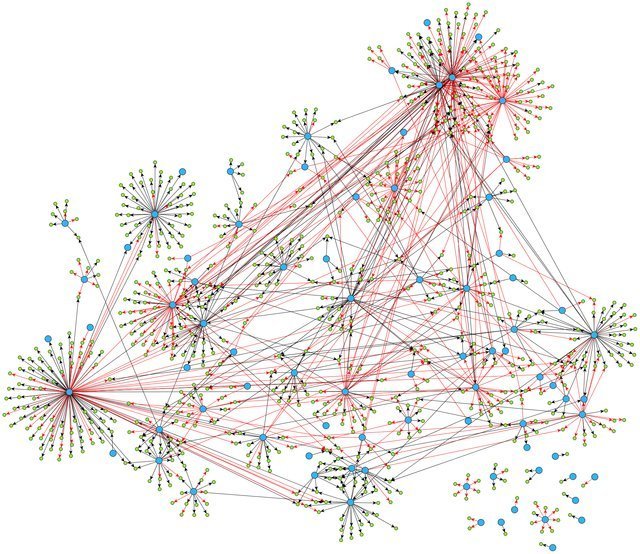
BIFURCATION ANALYSIS
- Models often contain unknown or uncertain elements ⇒ parameters.
- Bifurcation analysis: inspect which parameters (and for what values) lead to significant change in model behaviour.
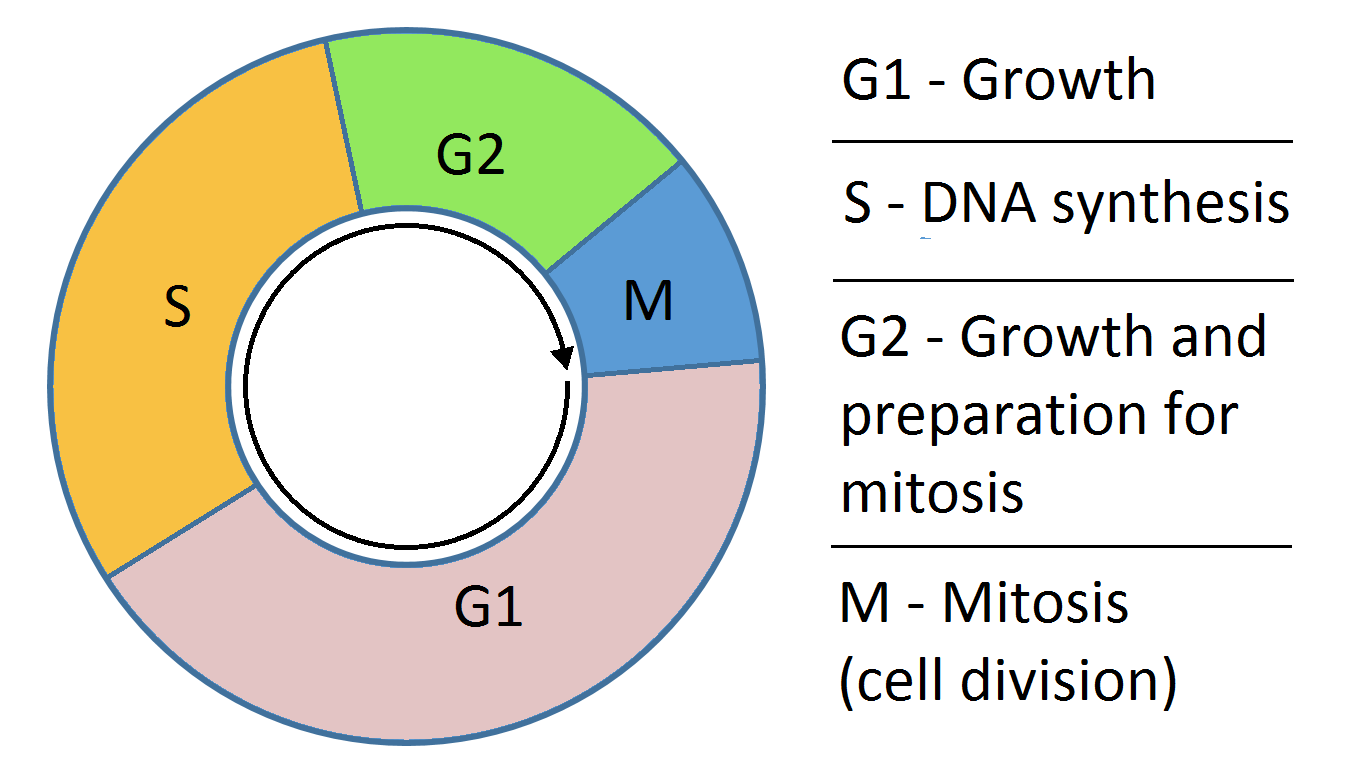
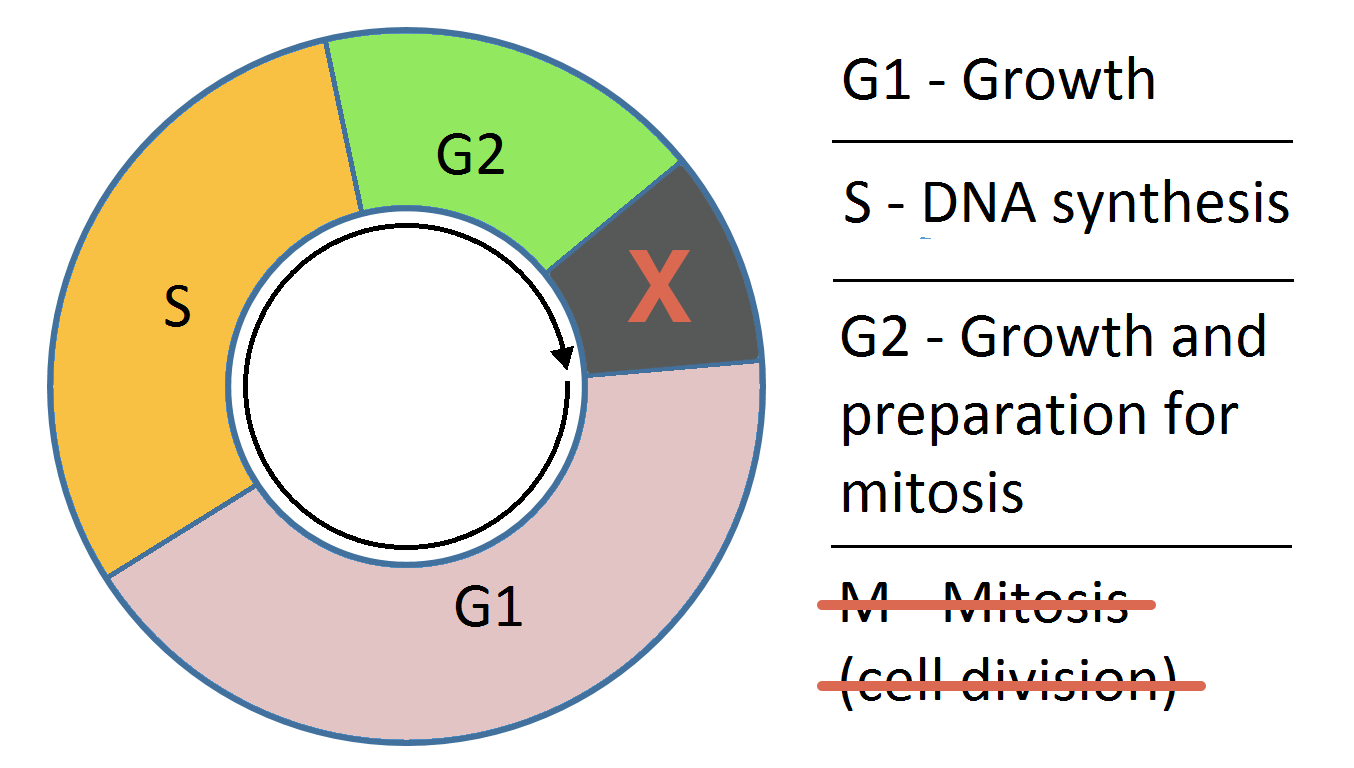
RESEARCH PROBLEM
- Bifurcation is only defined in quantitative models (how much?), not qualitative (yes/no?) models.
- For large systems, qualitative (or hybrid) approach is often necessary.
- How to study bifurcation in qualitative models?
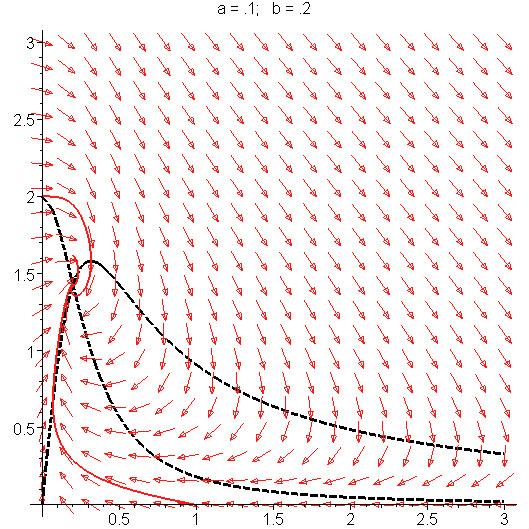

?
METHODOLOGY
- Qualitative models correspond to directed graphs, or sets of runs over directed graphs.
- Long-term behaviour of the graph corresponds to SCCs (strongly connected components), especially BSCCs.
- Bifurcation analysis: identify which parameter values lead to a change in SCC/BSCC structure.
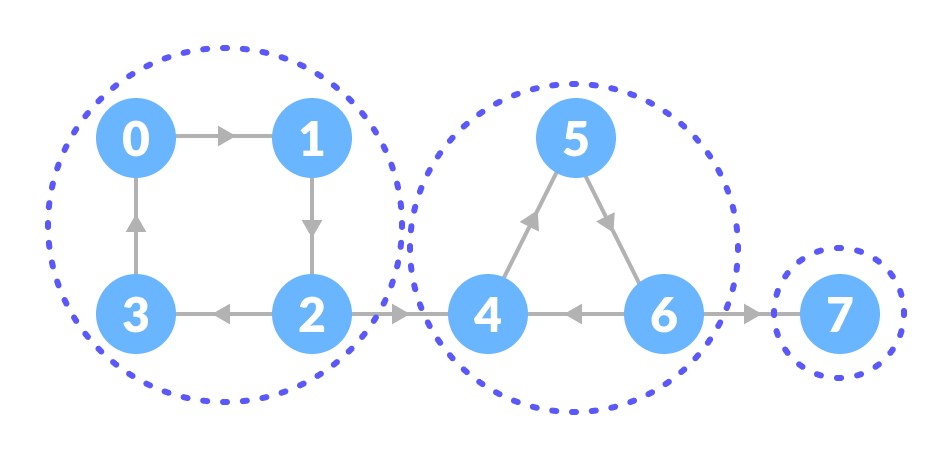
METHODOLOGY
- Development of new symbolic algorithms that can detect (B)SCCs in very large graphs with parameters (up to 2^100 - 2^1000 states).
- A new interactive visualisation technique based on decision trees for identification of critical parameter values.

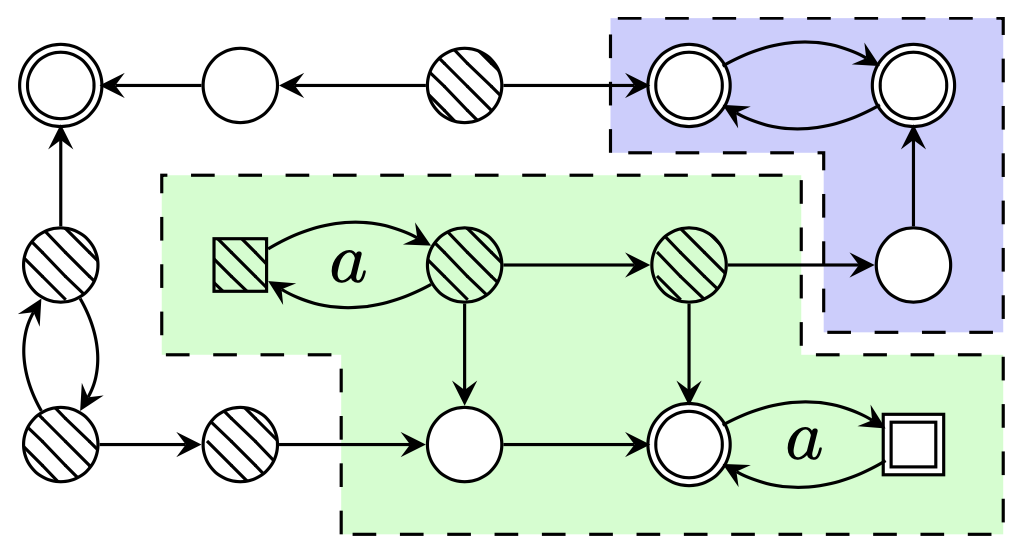
Application
- AEON: Bifurcation analysis of Boolean networks.
- Online editor of parametrised models with static validation of structural properties.
- Compute types of possible behaviour and explore dependence on parameters as a decision tree.
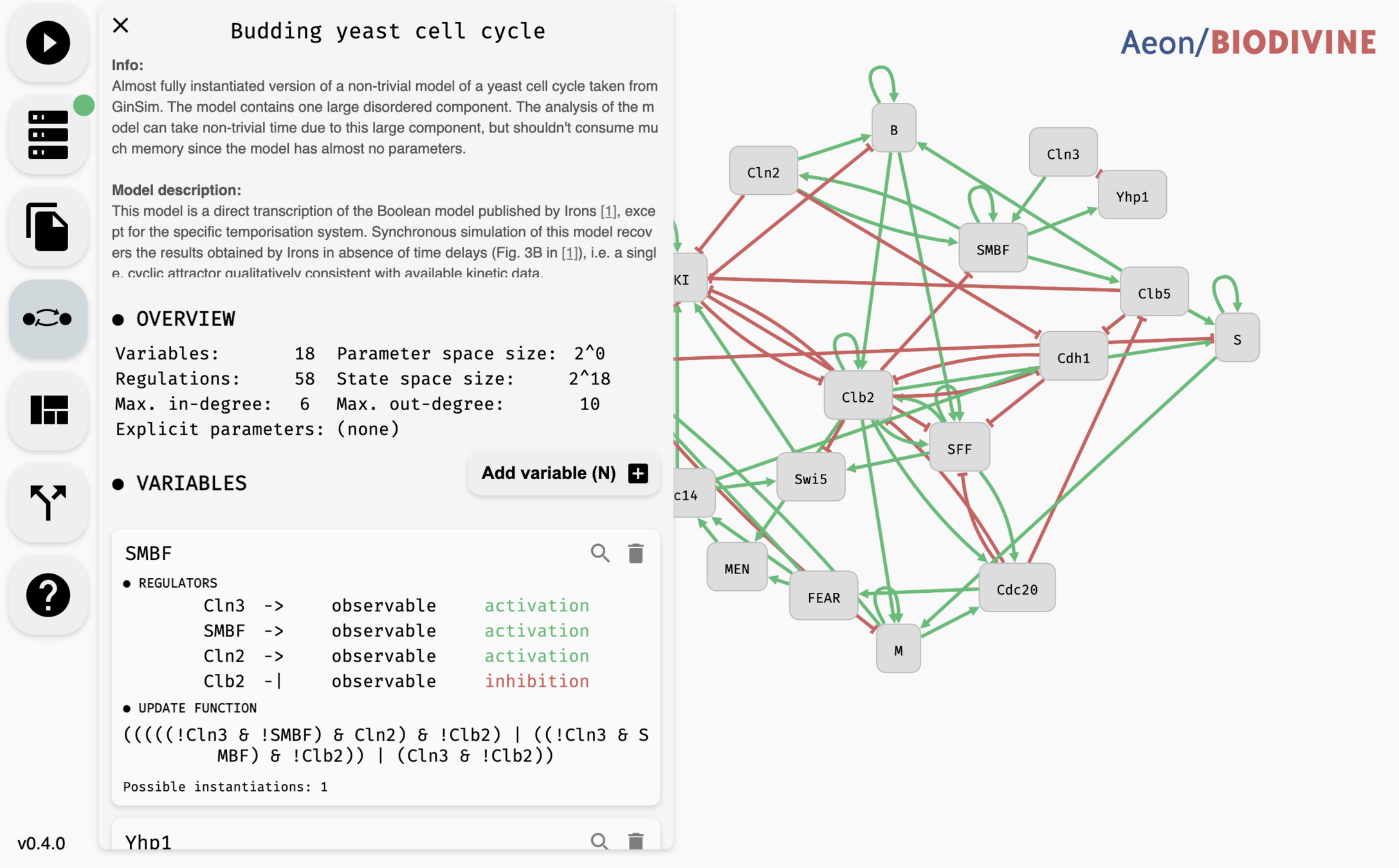
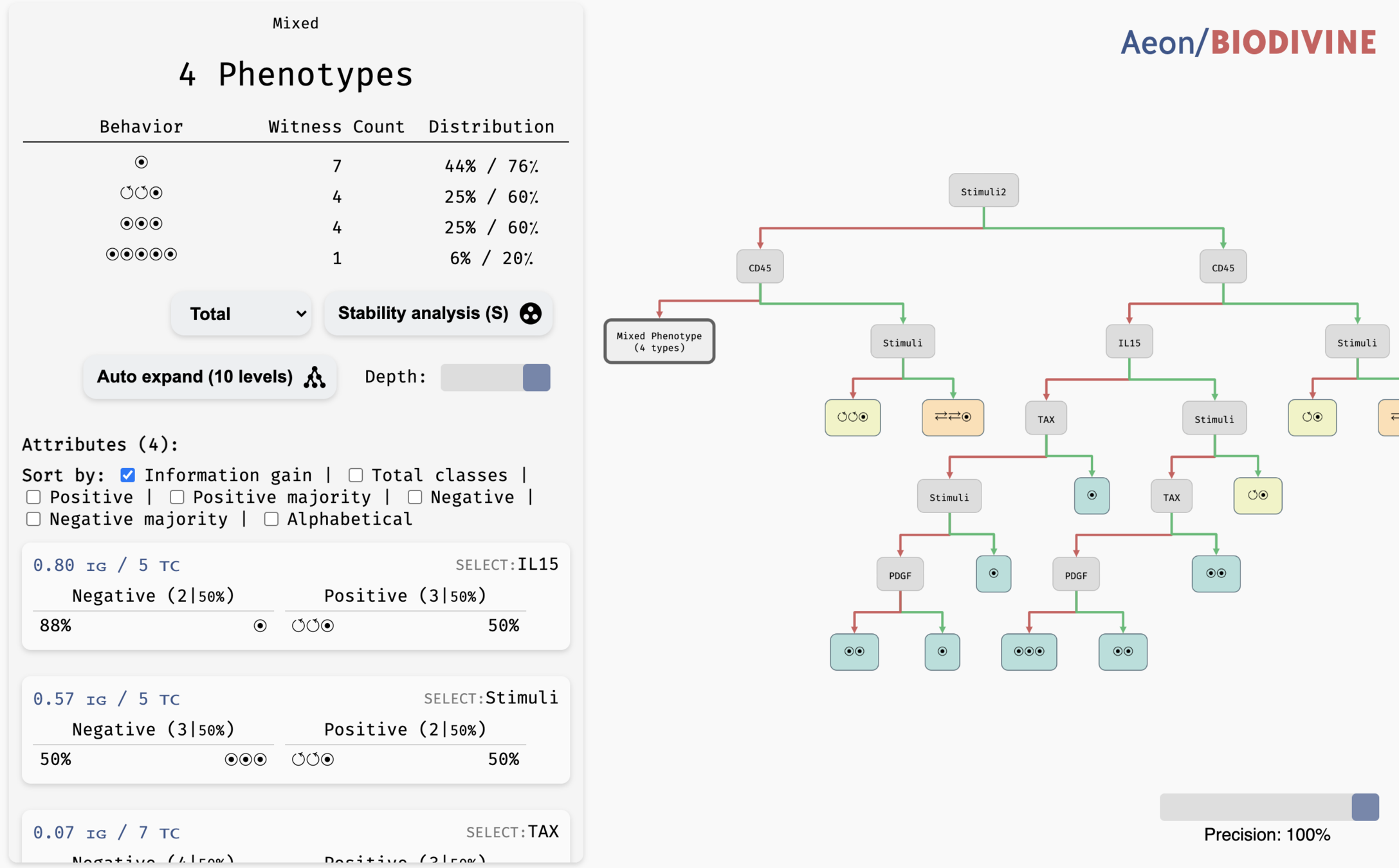
FUTURE PROSPECTS
- Case study showcasing bifurcation analysis of interferon type-1 inflammation model.
- New collaboration started with Faculty of Medicine at MUNI.
- AEON used by students of bioinformatics at MUNI and VUT.
- Possible future collaboration with Boolean network research at JAIST in Ishikawa.
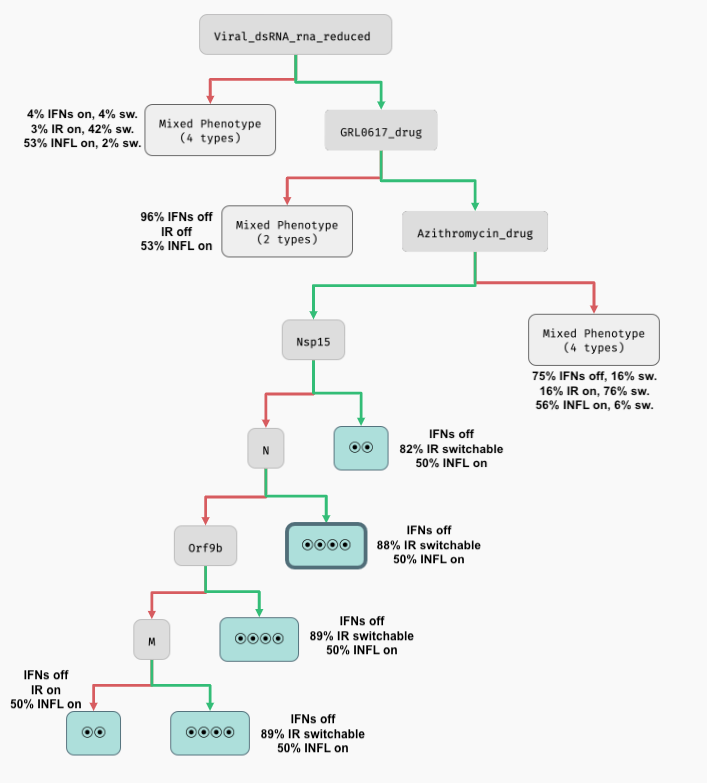
other EXPERIENCE
- Co-author of 15 ranked conference papers (7 A-ranked) and 4 journal papers.
- Supervisor of three successful Bc. students, two of these later resulted in conference publications.
- Artefact evaluation chair (CMSB '18,'21), program committee member (CIBCB, ICONS) and reviewer for other conferences and journals.
- Seminar tutor for Computability and Complexity as well as Advanced Algorithms and Data Structures courses since 2015.
- Oracle Labs research internship on VM tooling team (2020).
- Brno PhD Talent scholarship (2018-2020).
Joseph Fourier Prize
By Samuel Pastva
Joseph Fourier Prize
- 79



